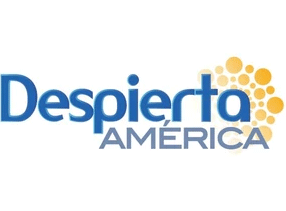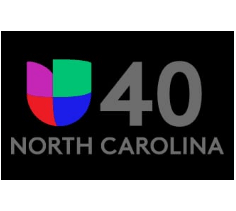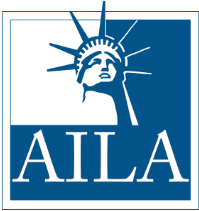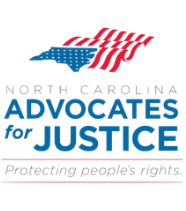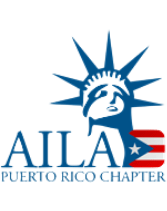Understanding the Different DWI Levels in North Carolina
 If you are charged with driving while impaired (DWI) in North Carolina, it is reasonable to be concerned about the penalties you may face. Any DWI conviction can come with serious consequences, but because of the complexities of the state’s DWI sentencing laws, it can be very difficult to tell just how serious they may be. Learning about North Carolina’s different levels of DWI can help you approach your defense with more confidence.
If you are charged with driving while impaired (DWI) in North Carolina, it is reasonable to be concerned about the penalties you may face. Any DWI conviction can come with serious consequences, but because of the complexities of the state’s DWI sentencing laws, it can be very difficult to tell just how serious they may be. Learning about North Carolina’s different levels of DWI can help you approach your defense with more confidence.
Aggravating and Mitigating Factors in North Carolina DWI Cases
North Carolina has five different levels of punishment for DWI offenders. To determine the appropriate level for the case at hand, the court will consider three different categories of factors:
- Grossly aggravating factors are the most serious, and they include things like prior DWI convictions within seven years, driving with a revoked license due to impaired driving, causing serious injury, or having a passenger under the age of 18.
- Aggravating factors include having a blood alcohol concentration (BAC) of at least 0.15, causing an accident, driving recklessly, driving with a revoked license due to other traffic offenses, or having prior convictions for other traffic offenses.
- Mitigating factors can result in lower punishment levels, and they include things like having a BAC of 0.09 or below, driving safely at the time of impairment, having a safe driving record, being impaired by a prescribed drug, and complying with mental health or substance abuse assessment and treatment.
The Five DWI Levels
Based on the court’s assessment of these factors, they will assign one of five punishment levels, as follows:
- A Level One punishment applies if the offender had a child passenger or displayed two other grossly aggravating factors. This is the most serious of the five levels, with fines of up to $4,000 and imprisonment of up to two years.
- A Level Two punishment applies if the offender displayed one grossly aggravating factor. The sentence includes a fine of up to $2,000 and imprisonment for up to one year.
- A Level Three punishment applies if there are no grossly aggravating factors, but regular aggravating factors outweigh any mitigating factors. This punishment includes a fine of up to $1,000 and up to six months of imprisonment.
- A Level Four punishment applies if aggravating and mitigating factors are balanced, and it can include a fine of up to $500 and up to 120 days of imprisonment.
- A Level Five punishment applies when mitigating factors outweigh aggravating factors. The maximum punishments, in this case, include a fine of $200 and imprisonment for up to 60 days.
Contact a Wake County DWI Defense Lawyer
An experienced attorney can be extremely helpful in a DWI case, as the ability to establish even one mitigating factor or defend against an aggravating factor can significantly reduce your punishment and leave open the possibility of a suspended sentence. The Raleigh DWI defense attorneys at Vasquez Law Firm, PLLC will pursue all available options to ensure you are treated fairly. For a free consultation, contact us today at 1-844-YO-PELEO or 844-967-3536.
Sources:
https://www.ncleg.gov/EnactedLegislation/Statutes/PDF/BySection/Chapter_20/GS_20-179.pdf
https://www.ncdps.gov/our-organization/law-enforcement/state-highway-patrol/faq/driving-while-impaired
